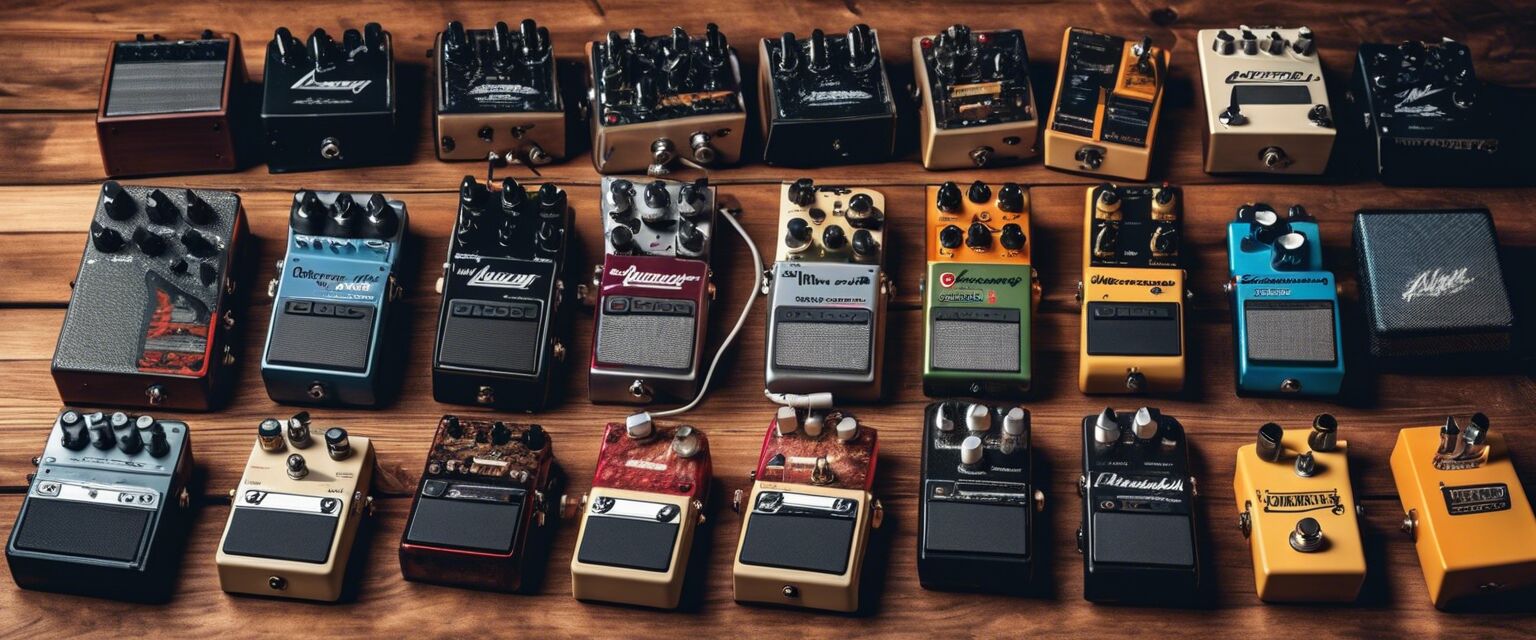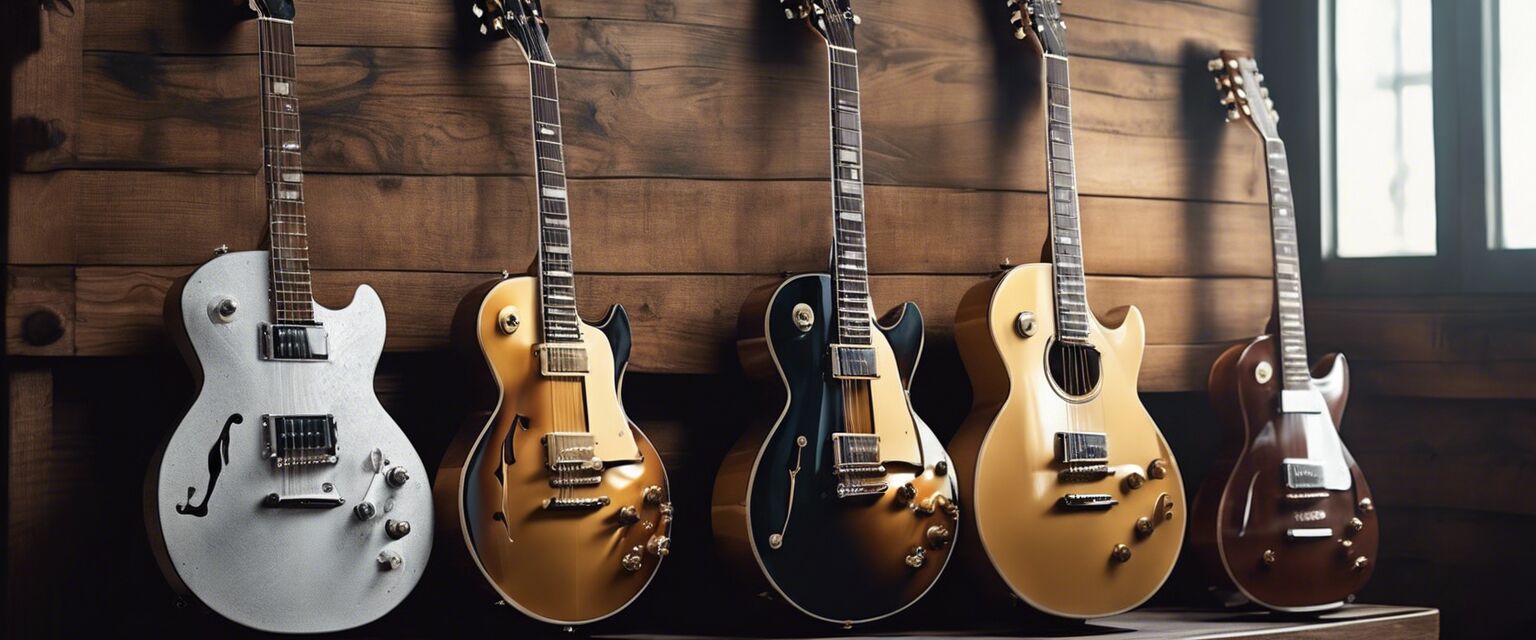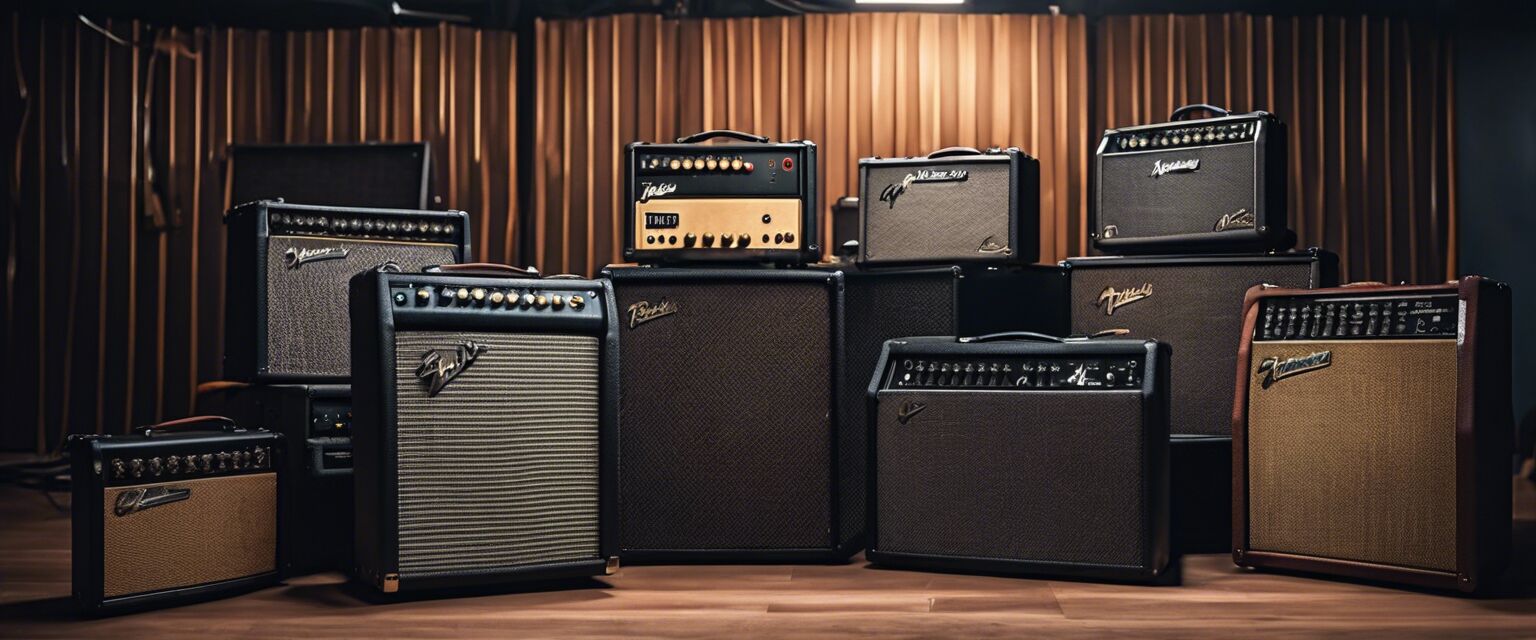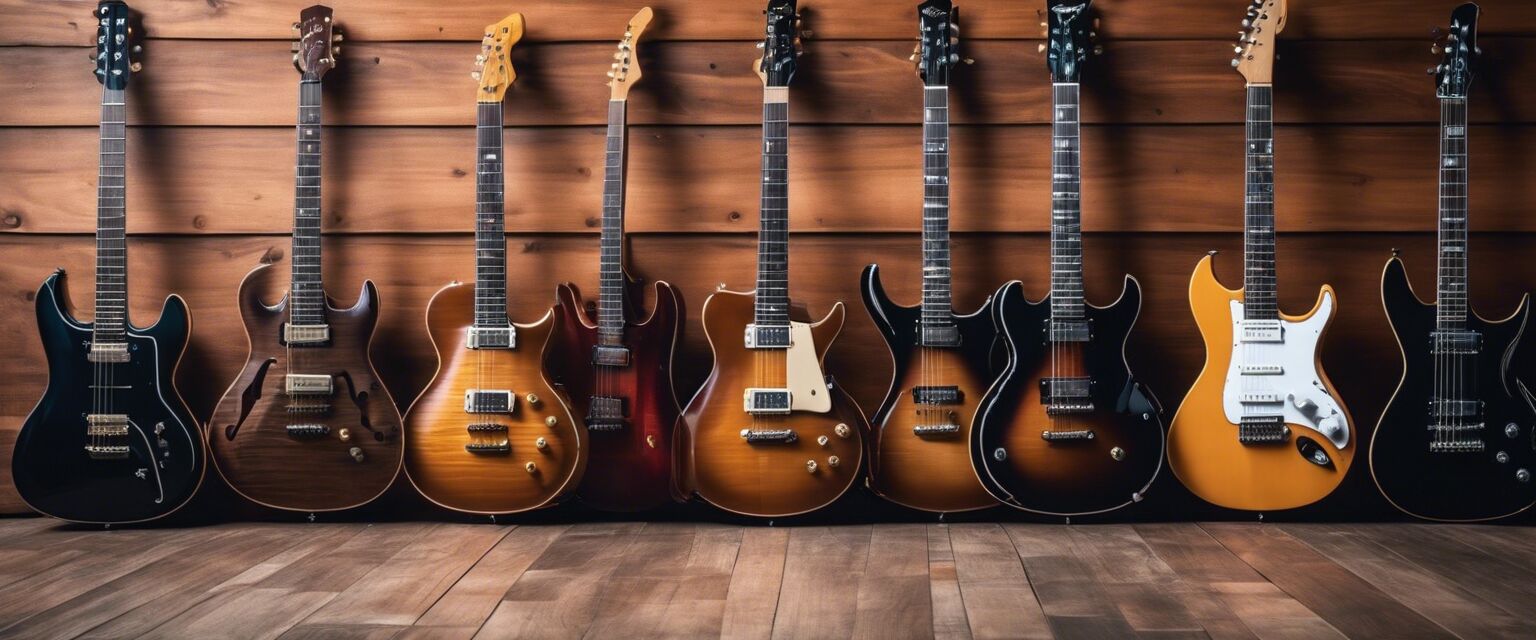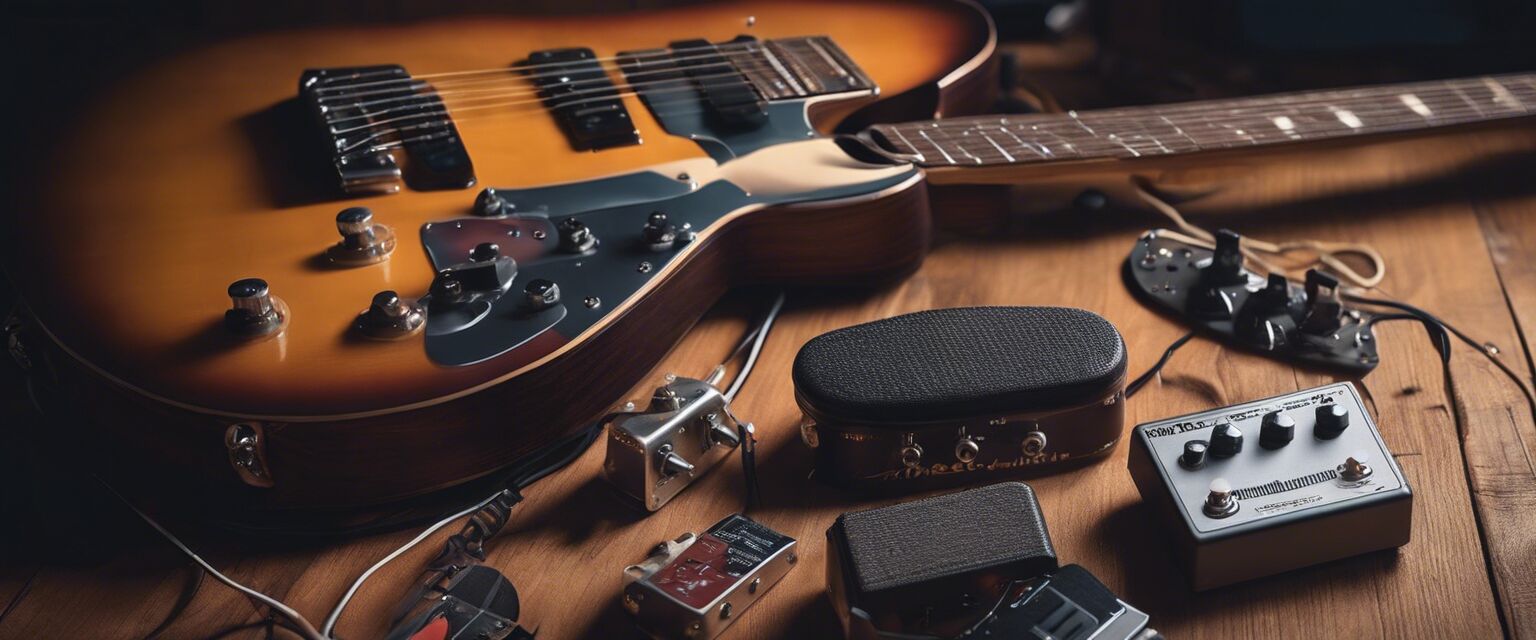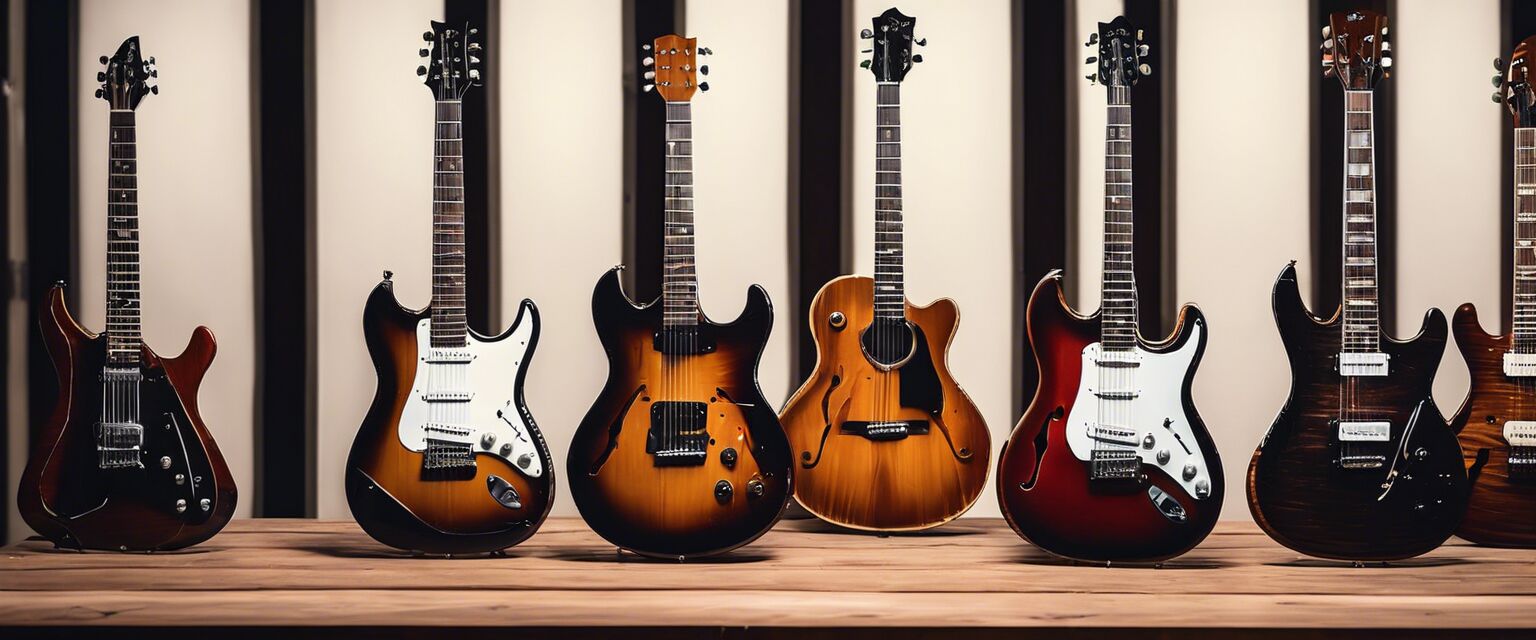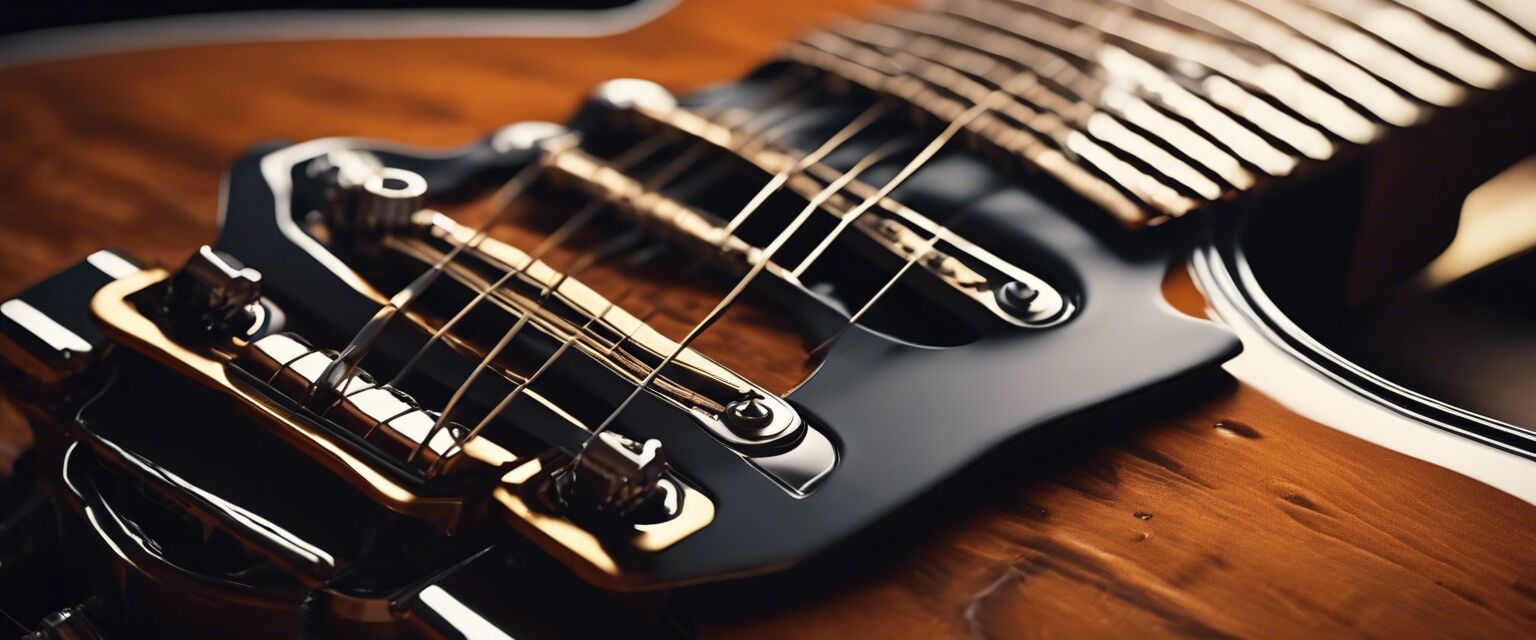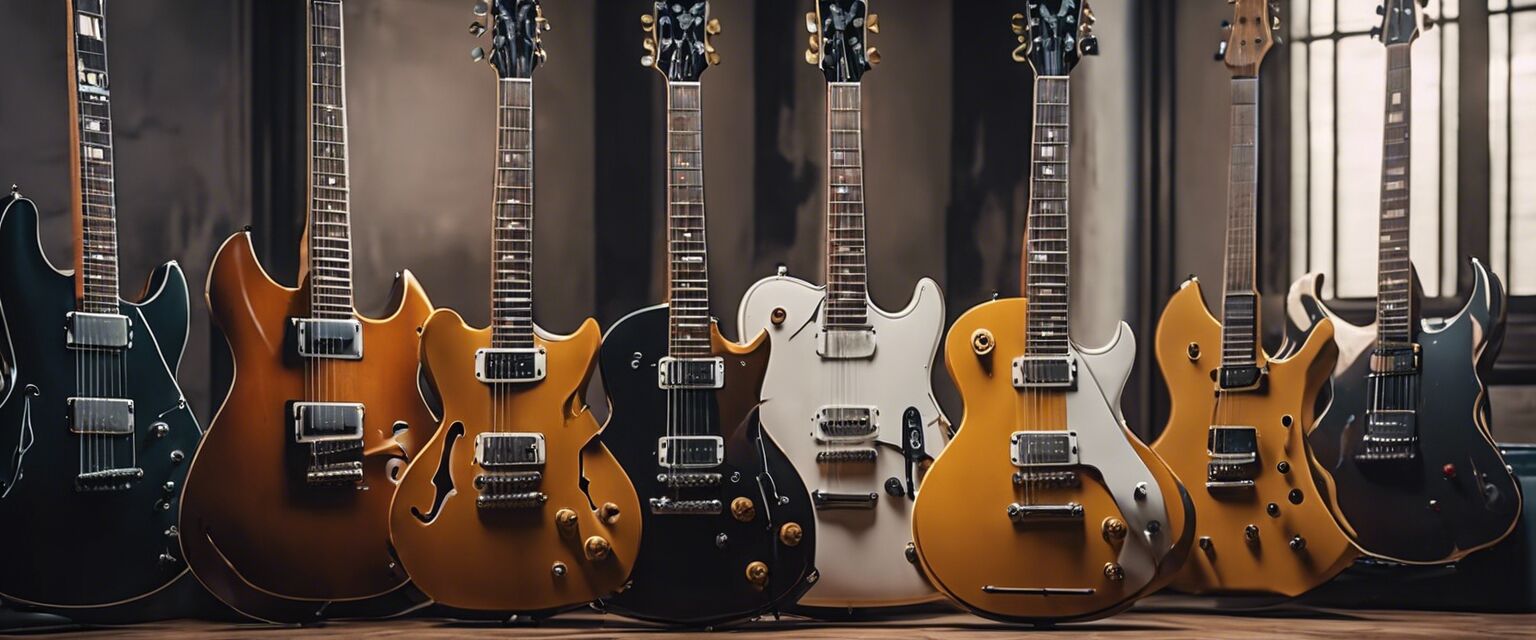
Electric Guitar Brands
Key Takeaways
- Electric guitars come in various brands, each offering unique features and styles.
- The choice of brand can significantly impact sound quality, playability, and aesthetics.
- Popular brands include Fender, Gibson, Ibanez, and PRS, each catering to different playing styles.
- Understanding your needs as a guitarist will help you choose the right brand.
- Accessories and amps also play a crucial role in enhancing the electric guitar experience.
Electric guitars have become an essential instrument in modern music, with numerous brands offering diverse styles and sound options. Choosing the right electric guitar brand can be challenging, especially with the multitude of choices available. This comprehensive guide will help you navigate through the most popular electric guitar brands, their signature models, and what sets them apart.
Popular Electric Guitar Brands
| Brand | Origin | Signature Features | Popular Models |
|---|---|---|---|
| Fender | USA | Bright tones, comfortable necks, iconic designs | Stratocaster, Telecaster |
| Gibson | USA | Rich tones, solid body, vintage appeal | Les Paul, SG |
| Ibanez | Japan | Sleek designs, high-output pickups, versatile | RG, S Series |
| PRS | USA | Custom finishes, balanced tones, premium materials | Custom 24, SE Series |
| Yamaha | Japan | Affordable, reliable, versatile | Pacific Series, Revstar |
Fender Electric Guitars
Fender guitars are known for their classic designs and bright, articulate sounds. Models like the Stratocaster and Telecaster have been staples in rock and blues music for decades.
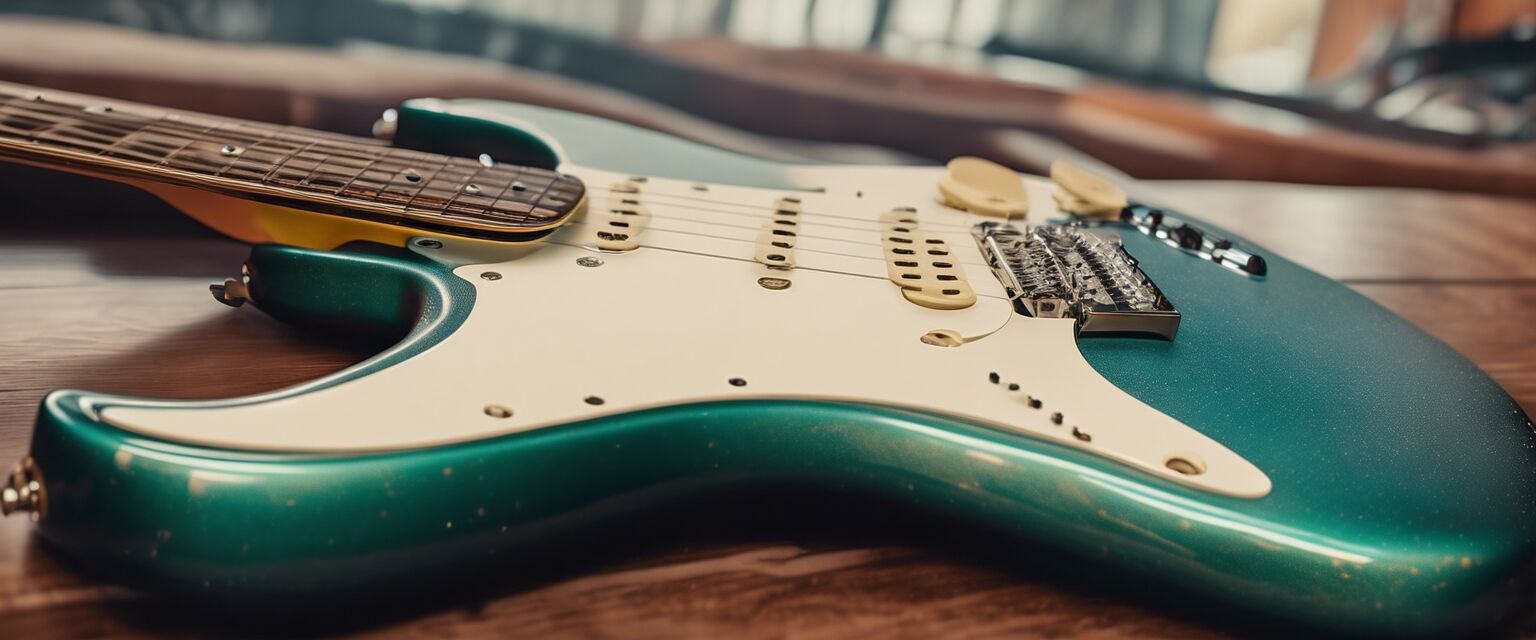
Gibson Electric Guitars
Gibson guitars provide a rich, warm tone that is perfect for rock, jazz, and blues. The Les Paul and SG are two of their most iconic models, known for their sustain and powerful sound.
Ibanez Electric Guitars
Ibanez is favored by metal and progressive rock guitarists due to its fast necks and high-output pickups. Models like the RG and S Series are designed for speed and versatility.
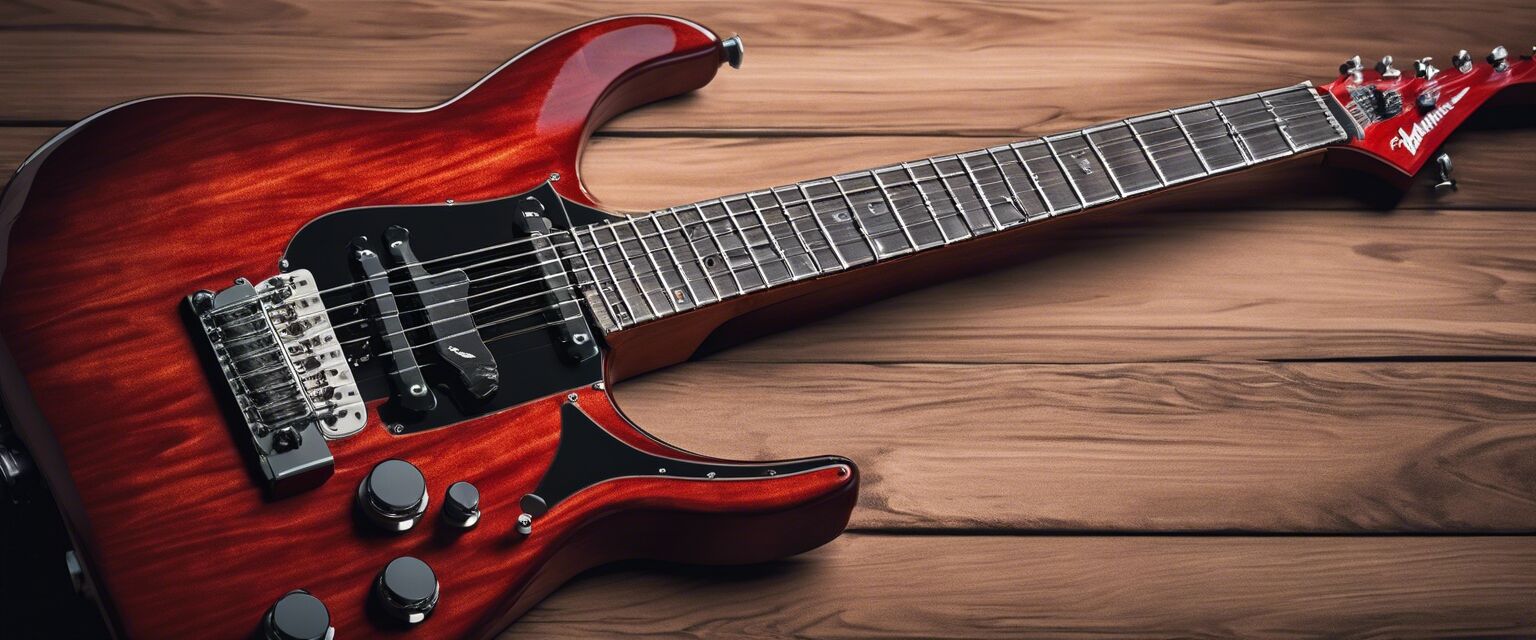
PRS Electric Guitars
PRS guitars are known for their premium craftsmanship. The Custom 24 is a standout model, offering versatility across genres with its stunning looks and balanced tones.
Yamaha Electric Guitars
Yamaha provides quality electric guitars at affordable prices. The Pacific Series and Revstar are excellent for beginners and seasoned players alike.
Comparative Analysis of Electric Guitar Brands
| Brand | Price Range | Best For | Reputation |
|---|---|---|---|
| Fender | $$ - $$$ | Rock, Blues | Highly regarded |
| Gibson | $$$ - $$$$ | Classic Rock, Jazz | Legendary |
| Ibanez | $ - $$$ | Metal, Fusion | Innovative |
| PRS | $$$ - $$$$ | Versatile playing | Premium |
| Yamaha | $ - $$ | Beginners, Intermediate | Reliable |
Key Factors to Consider When Choosing a Brand
- Playing Style: Different brands cater to various genres.
- Budget: Determine how much you are willing to invest.
- Features: Consider the pickup types, body shape, and other specifications.
- Brand Reputation: Research customer reviews and testimonials.
Accessories and Amplification
While the guitar brand is crucial, the right accessories and amplifiers can enhance your playing experience. Explore our sections on guitar accessories and guitar amps to find the perfect complements for your electric guitar.
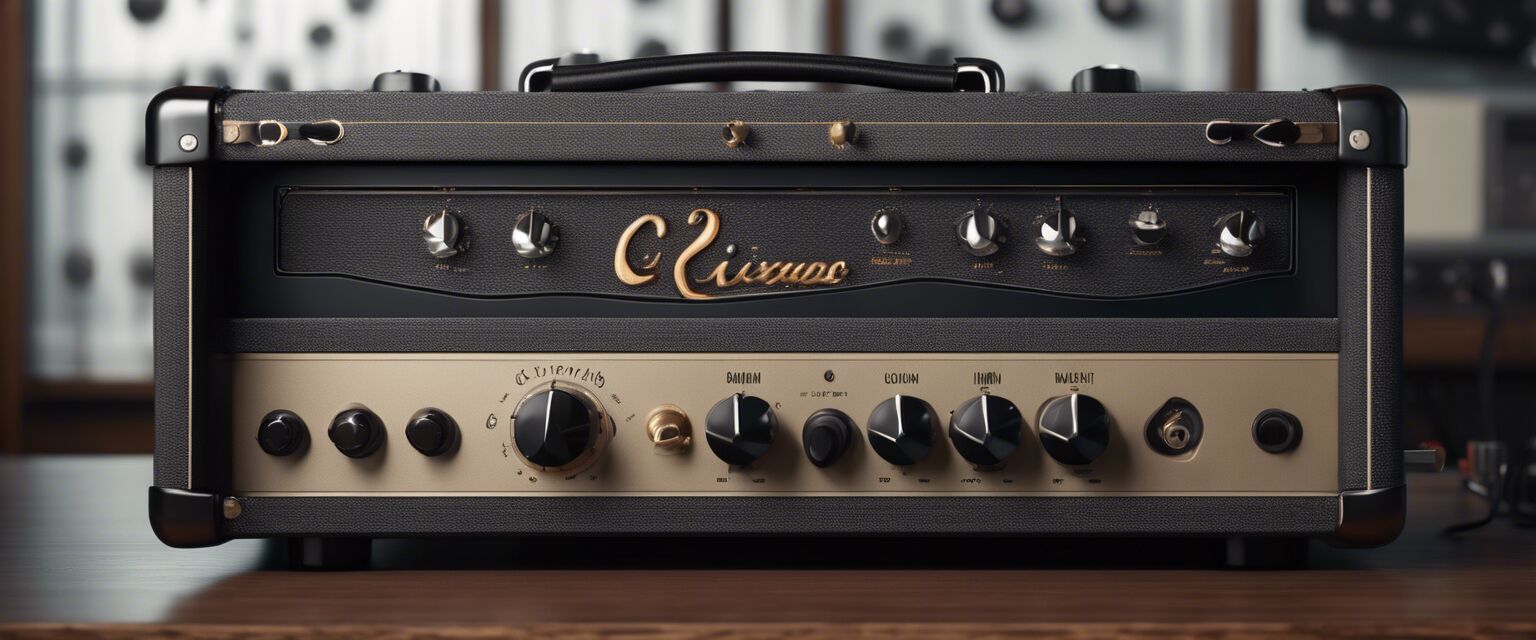
Tips for Beginners
- Try out different guitars in-store to see which feels comfortable.
- Research brands and models that fit your music style.
- Consider starting with a more affordable option as you learn.
- Don't forget to invest in quality accessories to improve your sound.
Pros
- Wide variety of brands and models available
- Different features cater to various playing styles
- Quality craftsmanship in established brands
- Good resale value for high-end models
Cons
- Can be expensive for premium brands
- Overwhelming choices for beginners
- Some brands may have inconsistent quality
- Need for additional purchases (amps, accessories)
Finding Your Match
Choosing the right electric guitar brand is essential for any guitarist, whether you're a beginner or a seasoned player. Brands like Fender, Gibson, Ibanez, PRS, and Yamaha each offer unique advantages that cater to different styles and preferences. By understanding the key features and models of each brand, you can make an informed decision that enhances your musical journey.
